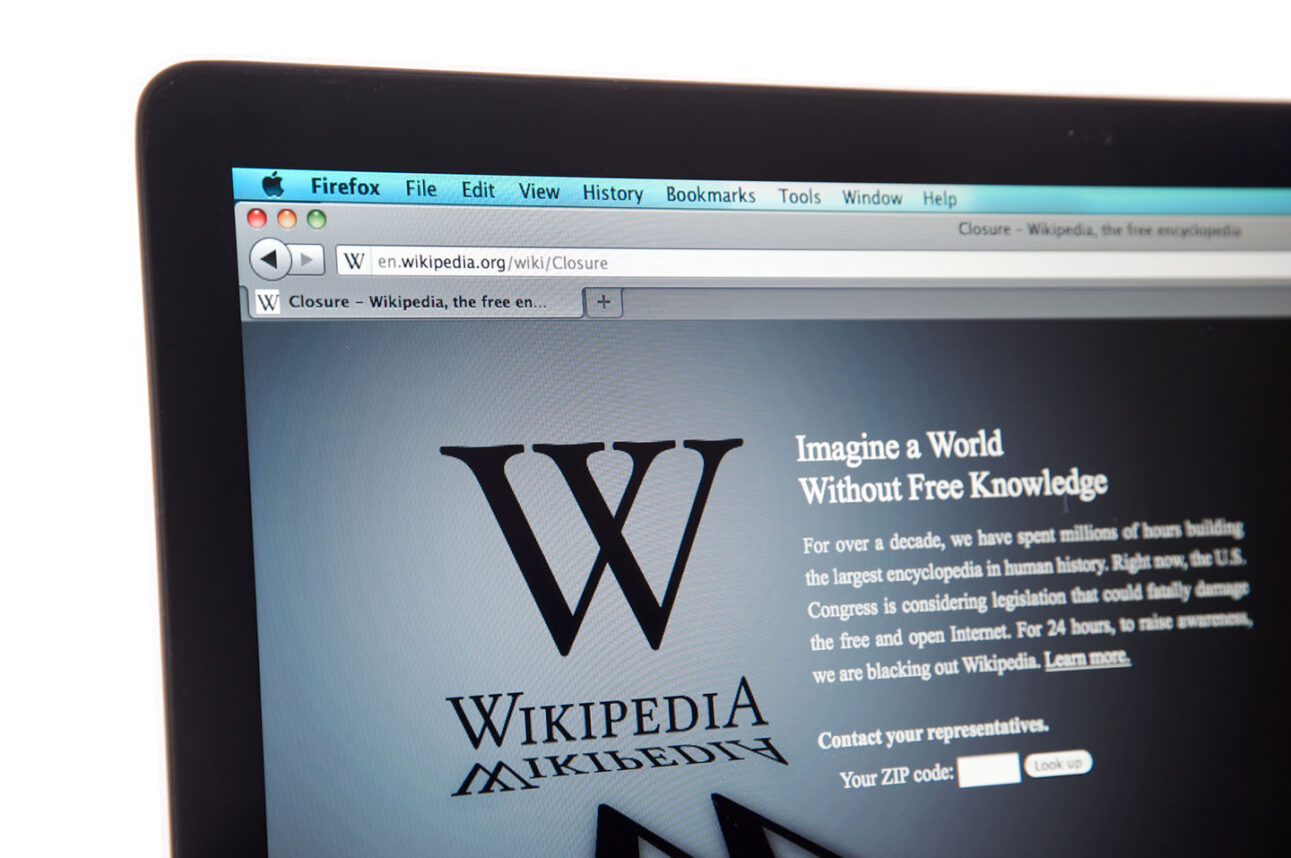 The Google headquarters on September 2, 2015 in Mountain View, California. (Photo by Justin Sullivan/Getty Images)
The Google headquarters on September 2, 2015 in Mountain View, California. (Photo by Justin Sullivan/Getty Images) Google Cloud’s Vice President of Developer Relations Amr Awadallah is no longer with the company following a post he wrote explaining how he used to be antisemitic.
The June 13 post, titled “We are one!” was posted to Awadallah’s LinkedIn Pulse page; the Pulse option allows for users to post their own written thoughts. “‘I hated the Jewish people, all the Jewish people’! and emphasis here is on the past tense,” Awadallah wrote. “Yes, I was anti-Semitic, even though I am a Semite, as this term broadly refers to the peoples who speak Semitic languages, such as Arabic and Hebrew, among others.” He added that the post was about his “redemption story.”
Awadallah explained that growing up in Egypt, “the only narrative I heard from everybody around me was that the Jewish people are here to kill all of us” and that “there was widespread anger over the many Palestinians slaughtered in the Nakba of 1948, and the many Egyptians killed during Israel’s occupation of [the] Sinai [Peninsula] from 1967 to 1973.” Awadallah claimed that his Israeli friends have told him that the Israeli narrative at the time was that the “Arabs want to kill all of us so that the land from the Jordan River to the Mediterranean sea becomes theirs.” “We were both taught to fear the other, and adding some really horrendous wars of rage in the mix, hatred became entrenched deep in our hearts and minds from a very young age. In retrospect, I blame our governments and elderly for doing that to us, for letting their prejudiced ideologies shape us in that manner, but they didn’t know any better either, and they did lose a lot of loved ones in those wars, regardless of intention.”
Awadallah said his views started changing after being mentored by his research advisors at Stanford University, including Mendel Rosenblum, a Jew. “Mendel was my first ‘Jewish angel’, he solidified the elimination of prejudice from my heart. Because of him, I learned not to fear the other, and not to label a whole group of people by the vile actions of the few.” He then “started to see all the other amazing Jewish people that I encountered in my life” and “in the arts.” Awadallah also said that he’s no longer an anti-Zionist but stated that “the Jewish people aren’t any more special than” anyone else and lectured the “prejudiced among Zionists” that “there is nothing humane in displacing and oppressing another entire population that are indigenous to that land to guarantee your own safety”; he did acknowledge though that “prejudice like that exists in the Arab world.”
He went onto say that the Arab leaders want “the fear of Israel to continue” and claimed that “the draconian measures of the current Israeli government against the Palestinian people are clearly at the root of this fear.” Awadallah shared a story he heard from an actress on the platform Clubhouse about Palestinians experiencing “humiliation” at Israeli checkpoints and that it’s an example of apartheid and claimed that Israel is not a modern democracy because it’s exclusive toward Jewish people. He also alleged that there is a widespread effort to erase “Palestine” and criticized Israel’s response toward Hamas rockets as being “collective punishment” toward the Gaza Strip, though he acknowledged that Hamas also oppresses the Palestinians. Awadallah urged Palestinians to engage in “peaceful nonviolent civil disobedience that highlights all the humanitarian issues taking place.”
Some of the responses to the post commended Awadallah for sharing his “powerful” story; another called it an “honest manifesto on the origins of hate.” Others, however, took issue with it.
“On one hand, I’m grateful that you no longer hate my children,” Daniel Golding, Google’s Director of Network Infrastructure and Tech Site Lead, wrote. “On the other, this has made my job as one of your colleagues much harder. The previous situation has made being a Jewish leader at Google tough. This has made it almost untenable. I’m unsure why you would write this under your title and company affiliation and it frustrates me.” He went onto criticize Awadallah for failing to mention “the eth[n]ic cleansing of the Egyptian Jewish community. They didn’t just disappear – they fled for their lives – 75,000 of them. As you try to understand the ‘why’, it’s very useful to understand the forced displacement of MENA [Middle East and North Africa] Jews, which is an interesting and sad mirror to Palestinian displacement.”
He added: “You decry the erasure of Palestinians, but you bend over backwards to erase Jews by claiming that everyone is a Jew. But Amr, everyone is not. And you don’t get to decide. Second, you are instructing American Jews to butt out, but as someone with even less stake in the conflict, you have decided to sound off about it loudly. You have no right to either define who is Jewish, while claiming to be, nor to tell me to stay out while you give your opinion at very great length. What is good for the goose is good for the gander.”
CNBC reported that various employees complained about the post, resulting in a “contentious” meeting on July 14 that required a human resources employee to intervene multiple times; throughout the meeting, Awadallah defended his post and maintained that the Google employees complaining about it were not understanding his message. There had also been complaints about Awadallah’s management style for months, according to CNBC.
CNBC also reported that Eyal Manor, Google Cloud’s Vice President of Engineering and Product, wrote in a July 15 email to employees, “I wanted to share that today is Amr Awadallah’s last day at Google. Effective immediately, the Cloud DevRel organization will report into Ben Jackson, who will report into Pali Bhat.” A spokesperson for Google confirmed to the Journal that Awadallah is no longer with Google, but would not provide a formal comment beyond that.
Associate Dean and Director of Global Social Action Agenda at the Simon Wiesenthal Center Rabbi Abraham Cooper said in a statement to the Journal, “No executive or employee who spouts antisemitic views of the Jewish people should have a place in corporate America and especially at Google, one of the most powerful entities in the world today. No tolerance for antisemitism or bigotry anywhere in corporate America and social media.”
Michael Spencer, Editor-In-Chief of The Last Futurist, wrote in a LinkedIn comment that the incident “continues to illustrate Google’s internal toxic culture. Google for all its political correctness is and remains one of the most dysfunctional corporate cultures with a widening chasm between management and workers and a sense of what is actually right. This is highly problematic for a company with that much power. How many people have been fired … at Google for ideological differences or internal comms difficulties? This is not an enlightened manifesto and is very poorly expressed and it saddens me that one would have to lose ones [sic] job or position due to the need to exhibit it.”























 More news and opinions than at a Shabbat dinner, right in your inbox.
More news and opinions than at a Shabbat dinner, right in your inbox.